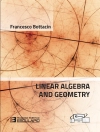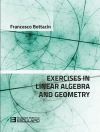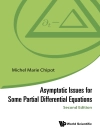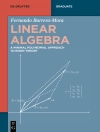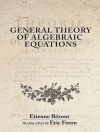An enhanced e Book published in full colour. Now including extensive interactive content enabling exploration by inserting any values that would occur in a real situation whereby the graphics are redrawn to reflect those changes.
Calculations can be also tested against any standard subject textbook to compare the results.
Interactive Technology when used in the classroom can motivate passive students by encouraging their active participation where STEM subjects are ideally suited to Mobile Interactive Technology.
Students are more likely to be comfortable with technology they understand i.e. their phone and can interact with, often preferring 'Learning-by-Doing' over traditional pencil and paper methods.
Full colour graphics that are redrawn for every input change will make the learning experience more enjoyable and effective as it encourages experimentation of real world situations as almost any practical values are accepted.
Students who struggle to be fully engaged in normal classroom activity can often achieve the unexpected once sat in front of a digital screen where they can learn without the embarrassment of full class exposure.
Mobile Interactive Technology can bring any STEM textbook to life by inserting printed values from the book into their mobile device and comparing the results.
Colourful visual presentation assists the learning process as students will more likely remember, thereby increasing their personal confidence as they believe they are learning more as a result. Knowing the content is on their phone encourages them to dip-in in a spare moment more than open a traditional textbook.
Conclusion: Students will spend more time engaged with the Mobile Interactive Technology than with a traditional textbook.
For each topic group students can test their understanding by considering an open question whereby their ease of answering will provide an indication of personal progress.
Inhoudsopgave
Introduction
Number Systems
Number Conversion
Number Types
Compound Measures
Roots
Angles and Parallels
Triangle Ratios
Triangle Angles
Percentages
Ratios
Fractions
Vectors
Geometry
Circle Angles
Area
Surface Area and Symmetry
Volume
Laws
Algebra 0
Algebra 1
Algebra 2
Mathematical Rules
Powers and Indices
Simplifying
Linear Equations
Graphing
Slope and Translation
Curves and Angle Conversion
Data Analysis





